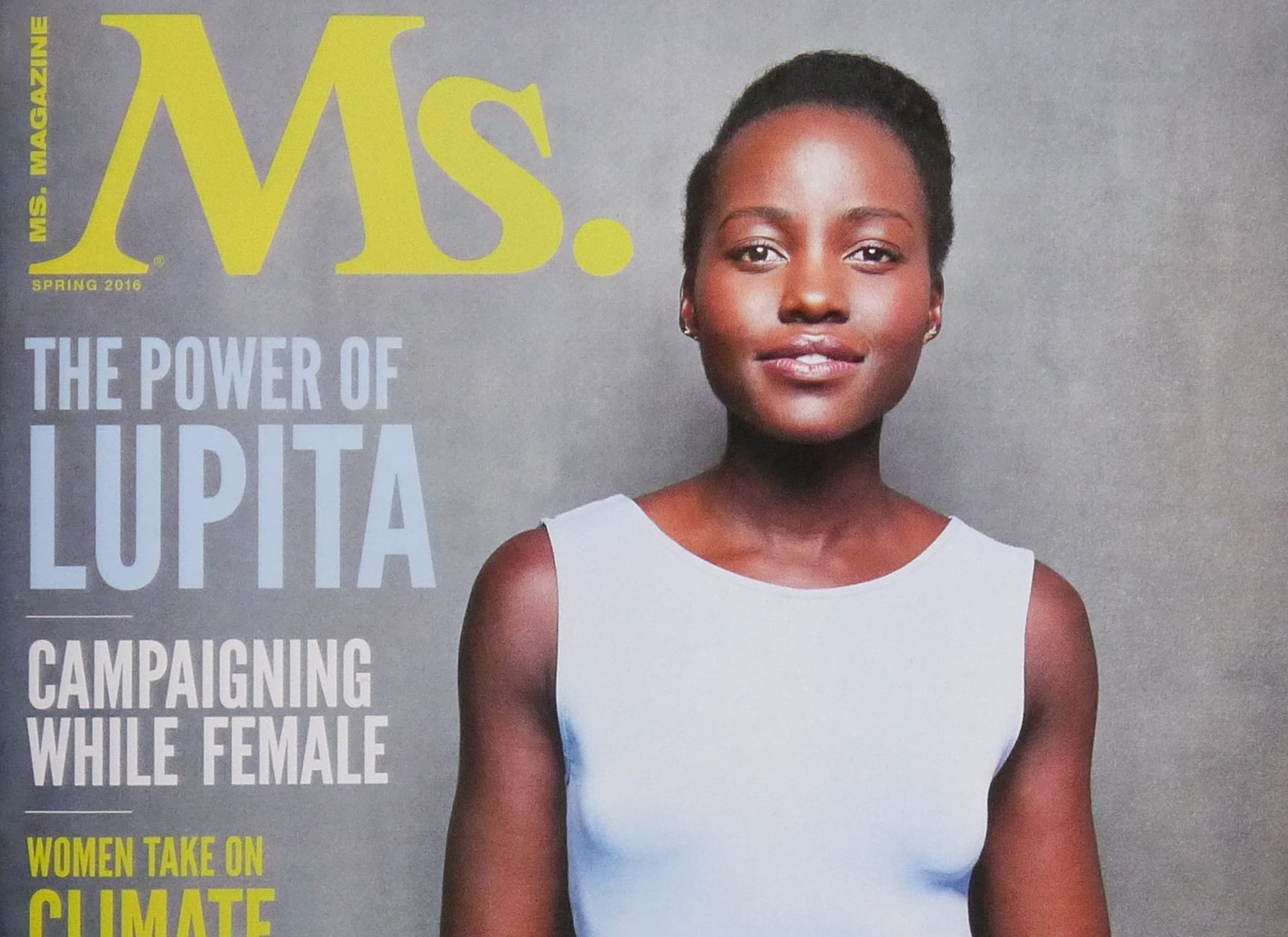The importance of representation is undeniable. Millions of young black children grow up without black idols to look up to in the media, which is heavily dominated by white celebrities. In the last year, there has been an increase in the number of black people, and especially black women, shown in mainstream magazines. Often stereotyped as argumentative and categorized into attractiveness based on how ‘dark’ they are, black women frequently receive endless amounts of racial discrimination while growing up.
With a significant number of black women such as Zendaya, Lupita N’Yongo and Nicki Minaj appearing on the front pages of fashion magazines, the motives of the brands pushing for more inclusion are questionable. It could be argued that magazine companies are recognizing the need for diverse casting since an important discourse surrounding race issues has emerged following the rise of ground-breaking movies like Black Panther and Get Out. However, it seems far more likely that the inclusion of Black women is purely a marketing technique exploiting the fact that breaking casting stereotypes are now relevant.
“Until a real change is made to how black women are perceived by society, inclusion is likely to remain just that – false”
There is a fine line between being educated about political issues and subscribing to the current ideals of political correctness for monetary gain. Brands like H&M and Dove continue to make ignorant mistakes in terms of appropriate branding whilst companies like Urban Outfitters repeatedly steal product designs from people of colour. Our society is perhaps not as progressive as it may seem.
The difficulty with trying to educate others on how best to represent people of colour in the media is that representation can very easily turn into fetishization or plain disrespect of other cultures. Blackface is still used by white people as part of Halloween costumes despite it being obviously disrespectful of black culture. People face no long-term repercussions when they mock Black culture but when they show support, they are hailed as progressive. Now, more than ever, offering representation is profitable.
Popular magazines are featuring black women now that they realize the drive for diverse casting will result in a rise in sales rather than genuinely wanting to celebrate black culture. This can be likened to companies that conveniently become LGBT-friendly in time for Pride. What is happening with black women is no different. The second that having diverse casting is no longer a unique selling point is the second that black faces will disappear from the forefront of the media. Until a real change is made to how black women are perceived by society, the false inclusion is likely to remain just that – false.
Adina Rees
(Image Credited to Ms. Magazine)

